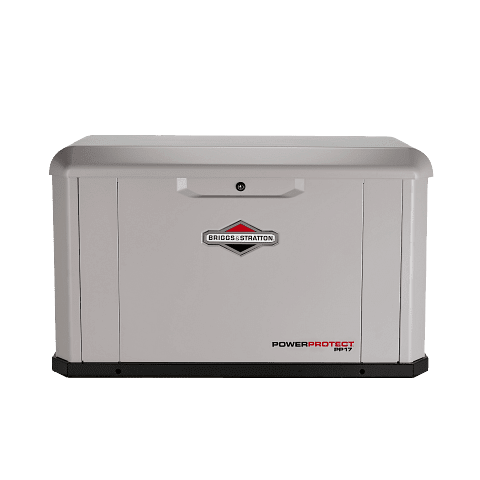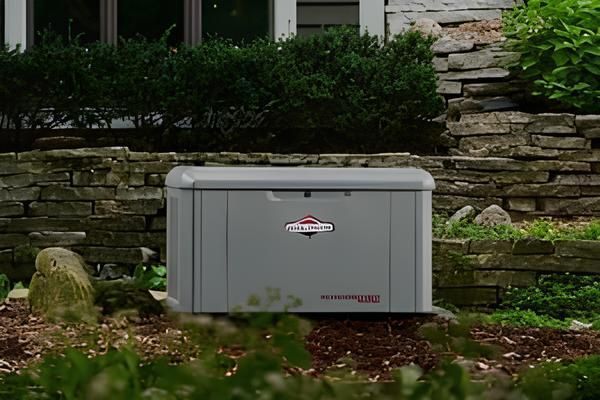How to Ensure Clean Power During Outages
Why Backup Generators Are Essential for Large Homes

When the lights go out, the consequences can be devastating – especially for large homes with multiple residents, critical medical equipment, or valuable electronics. Prolonged power outages can lead to food spoilage, water contamination, and even safety risks. However, with a backup generator, you can ensure a steady supply of clean power, keeping your home comfortable, secure, and connected. In this article, we’ll explore the importance of backup generators for large homes and provide practical tips on how to choose and install the right system for your needs.
Key Takeaways:
- Reliability is key: Backup generators provide a reliable source of power during outages, ensuring that critical systems and appliances remain operational. This is especially important for large homes that rely on electricity for heating, cooling, and security systems.
- Automatic Switching saves time: A backup generator with automatic switching capabilities can detect power outages and switch to generator power in a matter of seconds, minimizing downtime and inconvenience. This feature is particularly useful for large homes with complex electrical systems.
- Customization is crucial: When opting for a backup generator, it’s imperative to consider the specific needs of your large home, including the size of your electrical panel, the number of appliances you need to power, and any unique requirements such as medical equipment or sump pumps. A customized solution ensures that your generator provides clean power during outages, without overloading or under-powering your systems.
The Risks of Power Outages
For homeowners, especially those with large homes, power outages can be more than just an inconvenience – they can pose significant risks to safety, comfort, and even financial stability.
The Consequences of Prolonged Outages
Outages that last for hours or even days can have devastating consequences, including spoiled food, flooded basements, and disrupted communication systems.
The Importance of Reliable Power for Large Homes
The need for reliable power is especially crucial for large homes, where multiple systems and appliances rely on a steady supply of electricity to function properly.
Plus, large homes often have more complex electrical systems, which can be more prone to damage or malfunction during outages. This means that homeowners may face costly repairs or even replacement of critical systems, such as HVAC or water treatment systems, if they are not properly protected during an outage.
The Benefits of Backup Generators
While backup generators may seem like a luxury, they provide numerous benefits that make them an important investment for large homes. Here are some of the advantages of having a backup generator:
Ensuring Continuous Power Supply
Steady power supply is crucial for many aspects of modern life. With a backup generator, you can ensure that your home remains powered even during extended outages, keeping your lights on, refrigerators running, and medical equipment functioning.
Protecting Your Home and Family
Generators provide an added layer of safety and security during power outages. They enable you to keep your home well-lit, reducing the risk of accidents and burglaries.
Home safety is a top priority, especially during power outages. Without electricity, your home can become vulnerable to various risks, such as food spoilage, frozen pipes, and even carbon monoxide poisoning from makeshift heating sources. A backup generator mitigates these risks, providing peace of mind and ensuring your family’s well-being during uncertain times.
Choosing the Right Backup Generator
After considering the importance of having a backup generator for your large home, it’s vital to choose the right one that meets your power needs. With various options available in the market, selecting the perfect generator can be overwhelming. However, by following a few guidelines, you can make an informed decision.
Determining Your Power Needs
Backup power requirements vary from home to home, depending on the number of appliances and devices you want to power during an outage. Backup generators are rated in watts, so you’ll need to calculate your total power requirement to choose a suitable generator. Make a list of vital appliances, such as refrigerators, lights, and medical equipment, and their corresponding wattage ratings to determine your total power needs.
Types of Backup Generators: Pros and Cons
To select the ideal backup generator, it’s crucial to understand the different types available and their advantages and disadvantages. Here’s a breakdown of the most common types of backup generators:
TypePros and ConsStandby GeneratorsAutomatic start, high power output, low maintenanceHigh upfront cost, requires professional installationPortable GeneratorsAffordable, versatile, easy to moveNoisy, manual start, limited power outputInverter GeneratorsQuiet, fuel-efficient, clean power outputHigher cost, limited power outputDiesel GeneratorsHigh power output, durable, low maintenanceNoisy, high upfront cost, environmental concerns
Generators come in various sizes, types, and fuel sources, each with its unique benefits and drawbacks. By understanding these differences, you can choose a backup generator that meets your specific needs and budget. Consider factors such as power output, fuel efficiency, noise level, and maintenance requirements to make an informed decision.
Installation and Maintenance Essentials
Your backup generator is only as good as its installation and maintenance. A poorly installed or neglected generator can lead to subpar performance, safety hazards, and even complete system failure. To ensure your generator provides clean power during outages, follow these imperative installation and maintenance guidelines.
Proper Installation for Optimal Performance
The key to optimal generator performance lies in proper installation. A certified electrician should install your generator, ensuring it meets local building codes and regulations. They will also configure the system to meet your specific power needs, taking into account factors like load calculations and electrical panel compatibility.
Regular Maintenance for Reliability and Safety
An imperative aspect of generator ownership is regular maintenance. Regular tune-ups and inspections can help prevent mechanical failures, reduce the risk of carbon monoxide poisoning, and ensure your generator is ready to perform when you need it most.
Maintenance tasks should include checking oil and coolant levels, replacing air filters, and inspecting electrical connections and fuel lines. Additionally, consider scheduling annual professional maintenance with a certified technician to identify potential issues before they become major problems. By prioritizing regular maintenance, you can rest assured your generator will provide clean power during outages, keeping your family safe and comfortable.
Summing up
Drawing together the threads of our discussion, it’s clear that backup generators are a must-have for large homes to ensure clean power during outages. By understanding your power needs, choosing the right generator, and maintaining it properly, you can safeguard your family’s comfort and safety. Don’t wait until disaster strikes – invest in a reliable backup generator today and enjoy peace of mind knowing you’re prepared for any power emergency that comes your way.
FAQ
Q: What are the risks of power outages in large homes, and how can backup generators mitigate them?
A: Power outages can pose significant risks to large homes, including food spoilage, water damage, and safety hazards from darkness and lack of communication. Backup generators can mitigate these risks by providing a reliable source of power during outages, ensuring that vital systems like refrigeration, lighting, and security systems remain operational. This is especially crucial for large homes with multiple occupants, where the consequences of an extended power outage can be severe. With a backup generator, homeowners can rest assured that their family’s safety and comfort will be maintained, even during extended power outages.
Q: How do backup generators work, and what types are suitable for large homes?
A: Backup generators work by automatically switching on during a power outage, providing a seamless transition to backup power. They are typically fueled by propane, natural gas, or diesel, and can be configured to power specific circuits or entire homes. For large homes, whole-house generators are often the best option, as they can handle high electrical demands and provide comprehensive coverage. These generators are usually installed outside the home, connected to the electrical system, and can be controlled remotely through mobile apps. When selecting a backup generator for a large home, it’s vital to consider factors like power output, fuel efficiency, noise level, and maintenance requirements to ensure the right fit.
Q: What maintenance and installation considerations should homeowners keep in mind when investing in a backup generator for their large home?
A: Proper installation and maintenance are critical to ensure the reliability and performance of a backup generator. Homeowners should work with licensed electricians and generator professionals to ensure a safe and correct installation, taking into account factors like electrical load calculations, wiring, and fuel connections. Regular maintenance is also vital, including routine checks on oil levels, air filters, and spark plugs, as well as annual professional inspections to identify potential issues before they become major problems. Additionally, homeowners should consider investing in a generator with remote monitoring capabilities, which can alert them to any issues or required maintenance, providing added peace of mind.
All Rights Reserved | Power Up Generator Solutions



